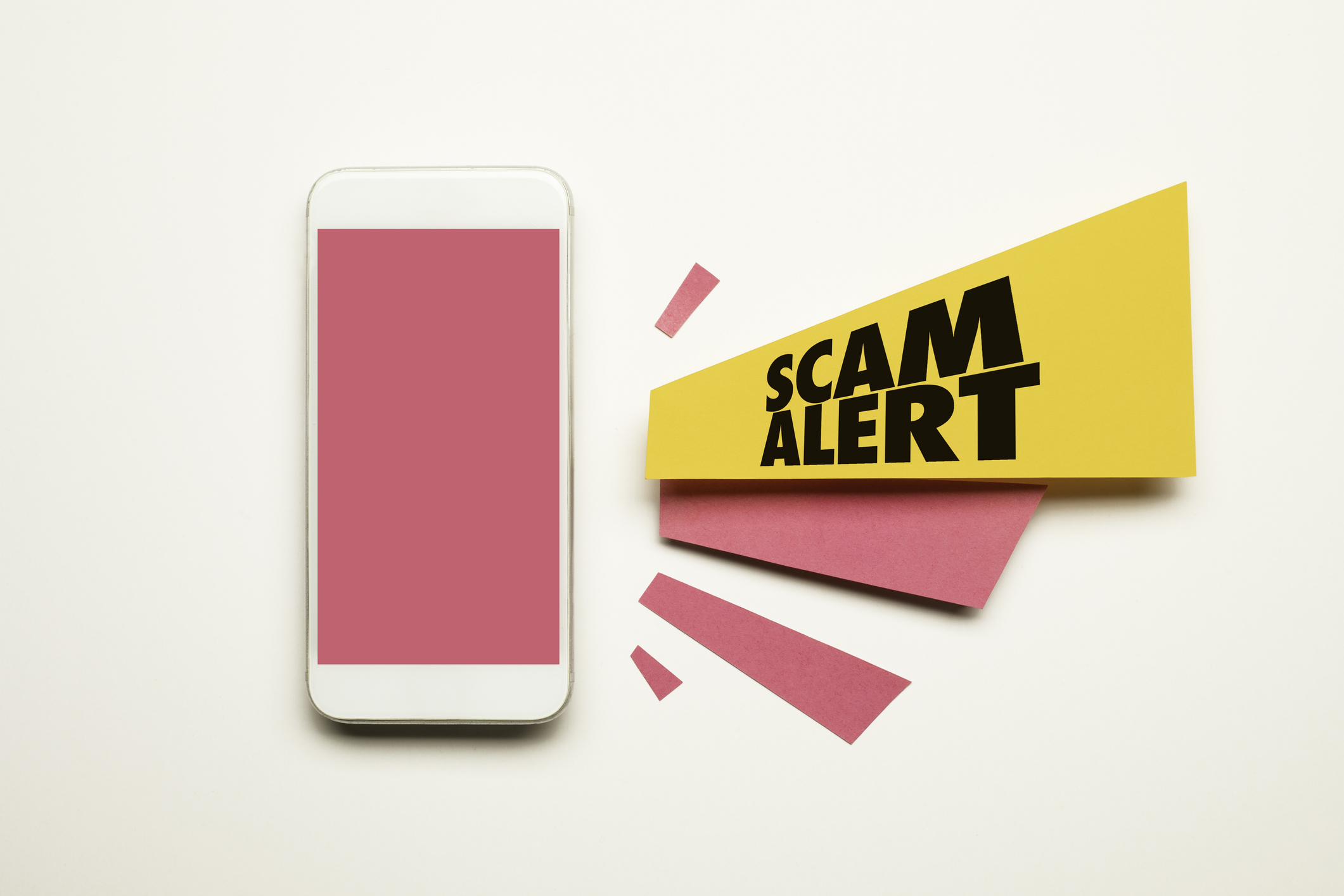
As temperatures fall and people are distracted by holiday preparations, scammers are getting ready to take advantage of the situation. It's the time of year that they step up efforts to pick your pockets by pretending to represent your local utility company.
That's the word from a number of utility companies that are spreading the word for customers to be on the lookout for fraudsters this holiday season.
Reports have been on the rise in recent years of customers being contacted by scammers posing as utility workers who try to gain access to financial data, according to FirstEnergy, one of the nation’s largest electric utility companies. These imposters can threaten to turn off service if the customer does not make an immediate payment.
“Although scammers work year round, they are more active during colder months because they know customers rely on electricity to stay safe and warm and are more likely to comply due to fear of disconnection,” Michelle Henry, First Energy senior vice president of Customer Experience, said in a statement.
"We often see an increase in scam activity this time of year when customers may be vulnerable or distracted during the busy rush of the holiday season,” Frank Hinckle, general manager of Customer Service at Dominion Energy Virginia, said in a separate statement.
The warning follows recent alerts by various industries, including Visa, which last month issued a shopping scam alert in time for the holidays.
Two tips to keep you safe
For the utility sector, the situation has drawn the attention of the federal government, including the Federal Trade Commission (FTC), which has a web page dedicated to utility-related scams.
According to the agency, if you are on the receiving end of a call or text that claims to be from your utility company and are being threatened with a service disruption if you don’t make an immediate payment — it’s probably a scam.
The agency offers two tips if you're faced with such a fraudster:
- Hang up and call the utility company directly. Use the phone number on your most recent bill or from the company’s website and ask to speak to someone about your account to see if there’s any legitimate cause for concern.
- Never provide payment information. Scammers will usually try to get you to initiate a wire transfer, pay with a reloadable card or gift card, or pay with cryptocurrency, which your utility company would never do. If you send the scammer money, you will likely never get it back.
After those steps, the FTC says it’s important to immediately report the scam to the appropriate parties. Call or email your utility company, then report it to the FTC as well as your state attorney general. You should also tell your friends and family so they are aware of the scam and can avoid it, too.
If you’re reading this too late and have already made a payment to a scammer, the FTC also outlines a series of steps to take, depending on factors such as the method of payment, to try to get your money back.







